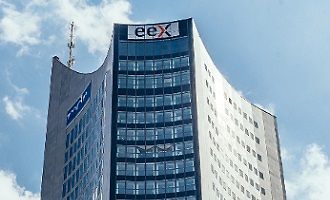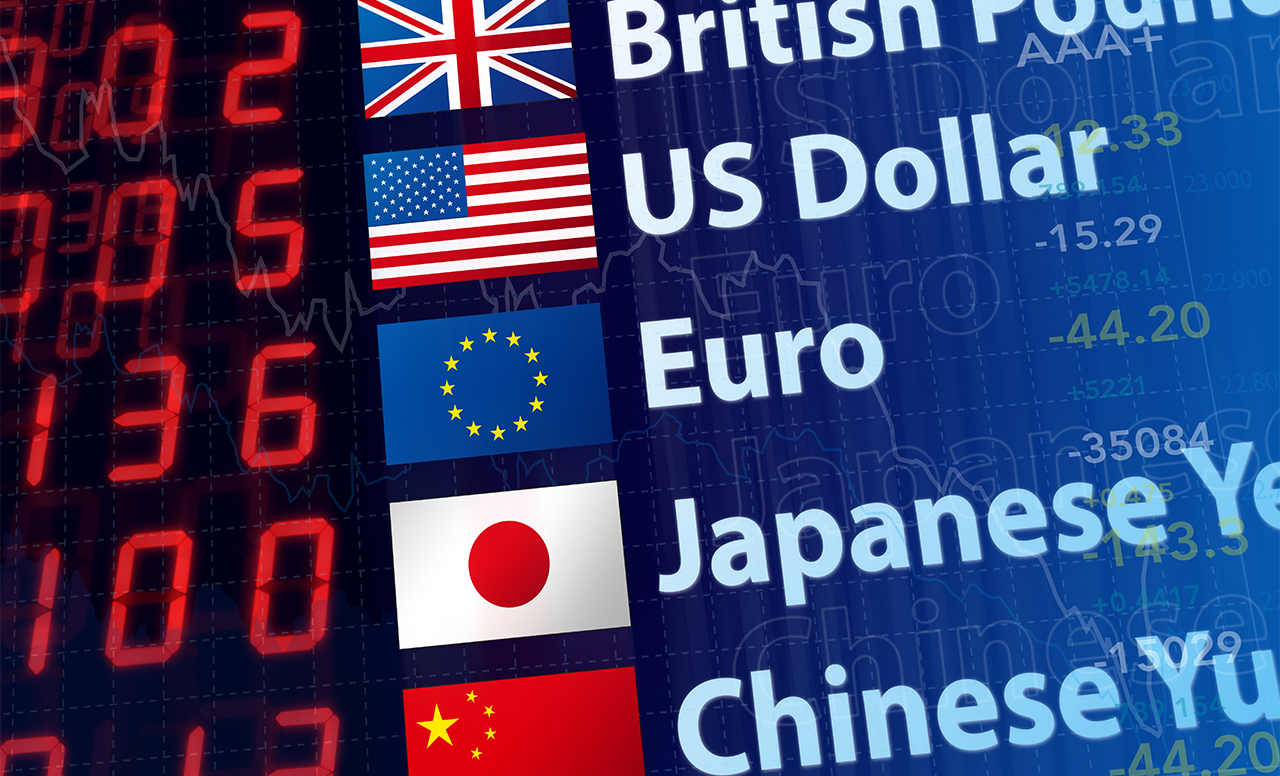Service Navigation
International role of the euro
The international role of the euro
20 years following the launch of the single currency, the euro has become the second most important currency in the world. In 2018, the European Commission has started an initiative for a critical reflection on the international role of the euro considering the future of EU27 after Brexit as well as the approaches still to be completed behind the eurozone and Capital Markets Union (CMU).
Objective
Recent shifts in global political and economic powers have pushed the European Union (EU) to identify ways that promote a more diversified and multipolar system of several global currencies, reflecting the euro area’s economic and financial weight. This would also make the international economy more resilient to shocks.
The European Commission has outlined a broad and comprehensive set of initiatives to increase the trust and attractiveness of the euro. It includes the following aspects:
- Completion of the Europe’s Economic and Monetary Union;
- Banking Union and CMU measures to foster a deep European financial sector;
- Initiatives to support EU financial markets infrastructures as well as to strengthen the EU sanctions regime;
- Promoting the use of the euro in key strategic sectors
We at Deutsche Börse Group have warmly welcomed the vision set out in the Political Guidelines of the European Commission and notably their goal to establish the EU27 as a competitive and prospering economic area supported by financial markets built on principles of stability, transparency and fairness.
Strengthening the international role of the single currency may be done through different paths: directly, by increasing the trust and attractiveness of the currency itself; and indirectly, by supporting products and services denominated in Euro as well as the Eurozone’s financial ecosystem.
Increasing trust in euro will require the aforementioned reform of the Eurozone with regard to the Economic and Monetary Union, completing the Banking Union, as well as bringing the CMU to life. In addition, based on a “fit-for-purpose” regulatory framework, market-led solutions can make a critical key contribution by providing for a virtual symbiosis between stability and growth enhancement. Thus, boosting the use of the euro in key strategic sectors, such as for example commodity markets, and making progress in securing systemically important euro-denominated markets will contribute significantly to making the EU more resilient to shocks and ensuring its competitiveness.
In the context of the Covid-19 pandemic, the initiative of strengthening the role of the euro plays also a major role for a sustainable recovery and financing of the European economy. For example, the recovery fund and the Recovery Resilience Facility which entered into force in February 2021 will increase the supply of safe assets denominated in euro and help strengthen the resilience and the sovereignty of the Eurozone and ultimately the international role of the joint currency.
Timeline
On 5 December 2018 the European Commission published its communication “Towards a stronger international role of the euro”. It outlines the work streams mentioned above to increase the trust, usage and attractiveness of the euro at international level, which has been welcomed by the Finance Ministers of the eurozone in January 2019.
Along the different work streams, the European Commission had launched a series of open public consultations between January and April 2019 in order to gather feedback from a variety of sectors and actors to better understand the mechanisms which underpin the use of the single currency. The results of the feedback received were published in June 2019 highlighting the need for coordinated action, including considerations for next steps in specific sectors.
The initiative on the international role of the euro provides an important impetus for the overall planning of the Commission and the regulatory priorities for the current legislative period – progressing in a post-Brexit world and completing the Eurozone reforms as well as the CMU and strengthening the EU’s sovereignty and autonomy.
In the European Commission's January 2021 Communication on the EU Economic and Financial System, the Commission reaffirmed its strategic goal of strengthening the EU as a competitive and prosperous economy by promoting the international role of the euro, strengthening the European Union's financial market infrastructures and improving the implementation and enforcement of the EU sanctions regime.






